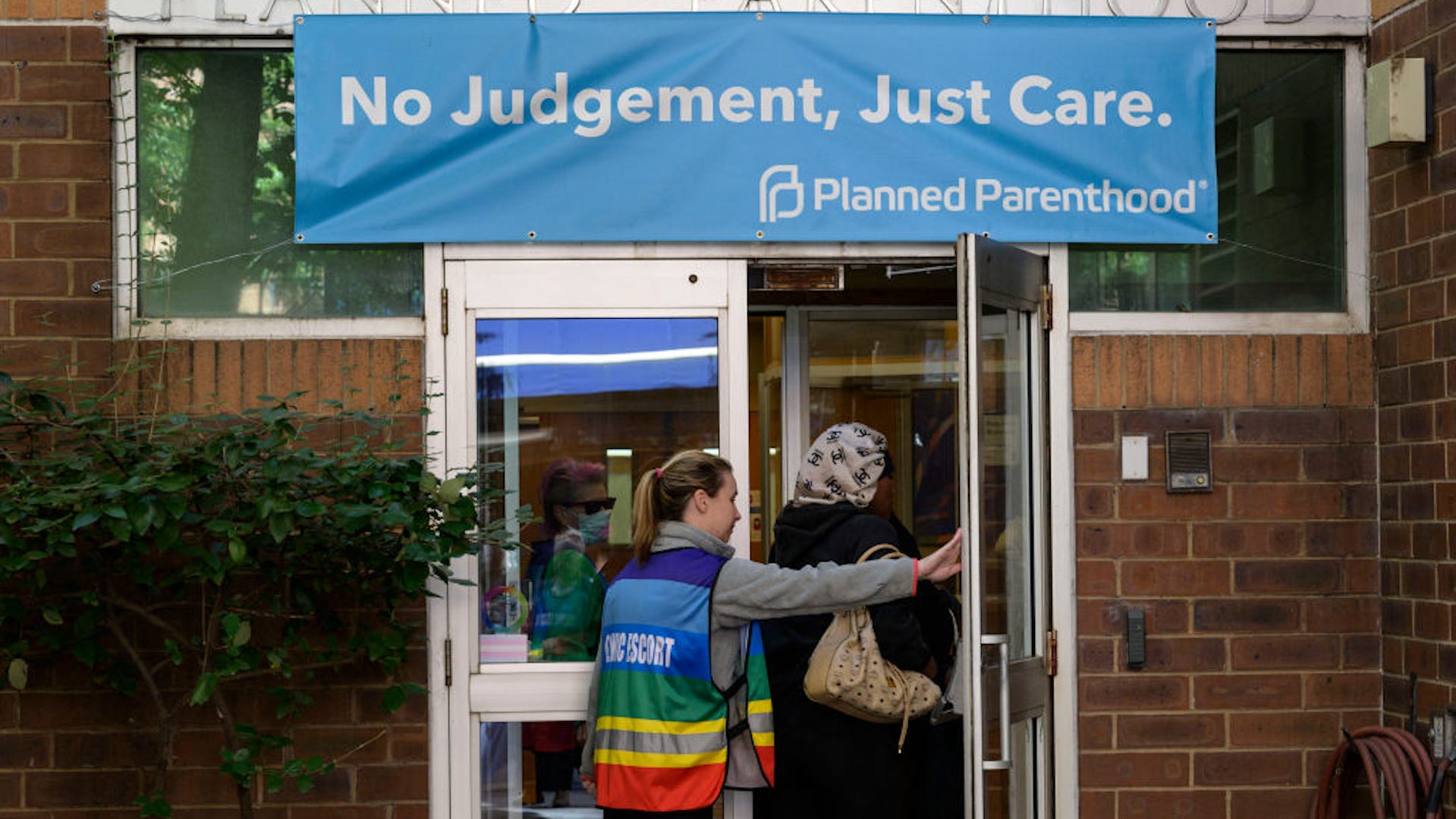Supreme Court takes abortion case involving NJ crisis pregnancy center
First Choice Women's Resource Centers wants to block New Jersey from investigating whether it misled women into believing it offered abortions.

WASHINGTON − The Supreme Court has agreed to get involved in New Jersey’s attempt to investigate crisis pregnancy centers.
The court said June 16 that it would decide whether First Choice Women’s Resource Centers can use the federal courts to try to block the state’s attorney general from investigating whether the centers misled women into believing they offered abortions.
Attorney General Matthew Platkin is trying to get information from the centers about its practices, including details about its donors and internal communications.
When First Choice went to federal court to prevent that, they were told they must first fight Platkin’s subpoena in state court.
Lawyers for First Choice argue the centers are already being harmed because the state’s investigation has hurt its ability to attract donations and advertise its services.
Platkin told the Supreme Court there’s no evidence of that. And, he said, the court shouldn’t intervene now because the state is still negotiating with the centers on the information it wants turned over. When that concludes, he said, the state courts will consider First Choice’s claim that the documents request violates their constitutional rights before signing off on a subpoena.
Lawyers for First Choice said state attorneys general are increasingly using their broad investigative powers − including to target political opponents – and federal intervention is needed.
“The Constitution protects First Choice and its donors from unjustified demands to disclose their identities, and First Choice is entitled to vindicate those rights in federal court," Erin Hawley, a lawyer with Alliance Defending Freedom which is representing the centers, said in a statement after the court agreed to hear the case.
A number of conservative groups had encouraged the Supreme Court to weigh in.
After they agreed to do so, Platkin said First Choice wants a special exception from the usual procedural rules as it tries to avoid complying with a lawful state subpoena.
"No industry," the attorney general said in a statement, "is entitled to that type of special treatment − period."